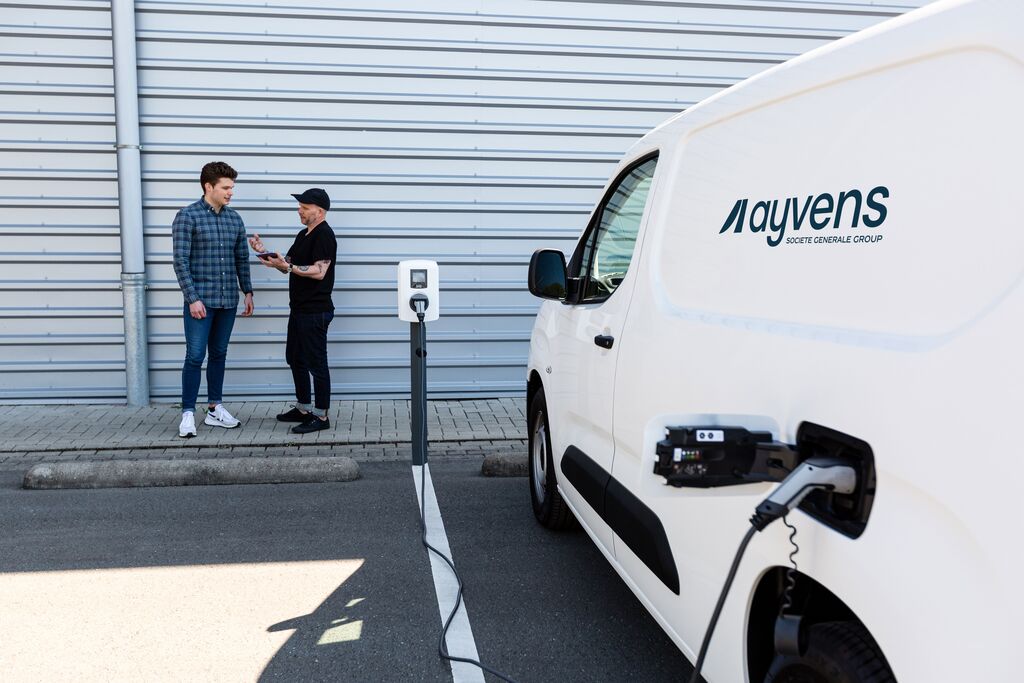SPAR is continuing its highly successful animated series ‘SPAR ECO ADVENTURE’ (SPAR ÖKO KALAND) with new episodes. The aim of these short films, which present environmental awareness in a playful way, is to introduce the principles of sustainable development to the youngest generation in a way that is easy to understand.
The initiative was launched in September 2021, when SPAR presented a ten-part animated series for preschoolers and primary school children. The short, 40-second episodes told stories in a language that even the youngest children could understand about topics that are crucial for sustainability, such as selective waste collection, reducing food waste, healthy lifestyles and avoiding single-use plastics. The series is both educational and entertaining, and now new episodes are being added, closely matching the mood and content of the original series. The popular characters – Szellőcske, Vizecske, Tüzecske, Földecske and Szívecske – (evoking elements) return to raise awareness of the importance of environmental protection through new adventures, among other topics.

“The new episodes are consistent with the first series, both visually and thematically. The goal remains the same: to help children learn and master the basics of sustainable living at a very young age through understandable, entertaining stories. We believe that education is the key to a sustainable future, and that this work must begin in childhood. With the ECO ADVENTURE series, we are giving parents and teachers a tool that shapes children’s attitudes in a playful yet effective way,” emphasised Márk Maczelka, head of communications at SPAR Hungary.
The ECO ADVENTURE series, created as part of the ‘SPAR – for a sustainable future’ programme, is another milestone in the company’s responsible environmental and social commitment. SPAR remains committed to contributing to a greener, more conscious future, where love and respect for nature become natural values from an early age.
As a responsible company, SPAR thinks long term and seeks solutions that ensure more sustainable operations, whether through the use of energy-efficient technologies, waste reduction or encouraging conscious consumer behaviour. Sustainability is a central issue not only in its operations but also in its social engagement, with a particular focus on education and awareness raising.
The new episodes, like the previous ones, are available on SPAR’s YouTube channel and on the company’s official sustainability website: www.sparafenntarthatojovoert.hu/okokaland









